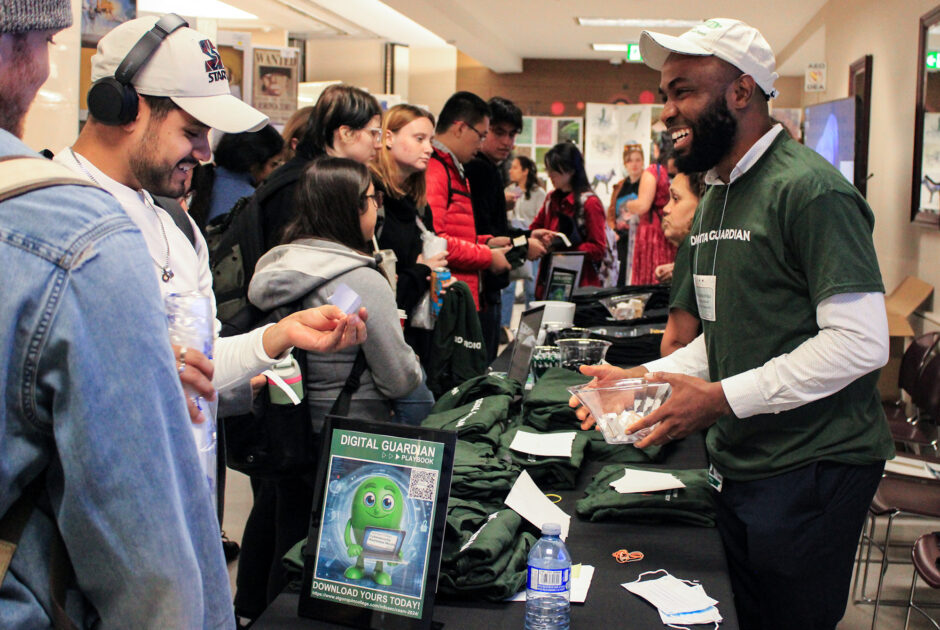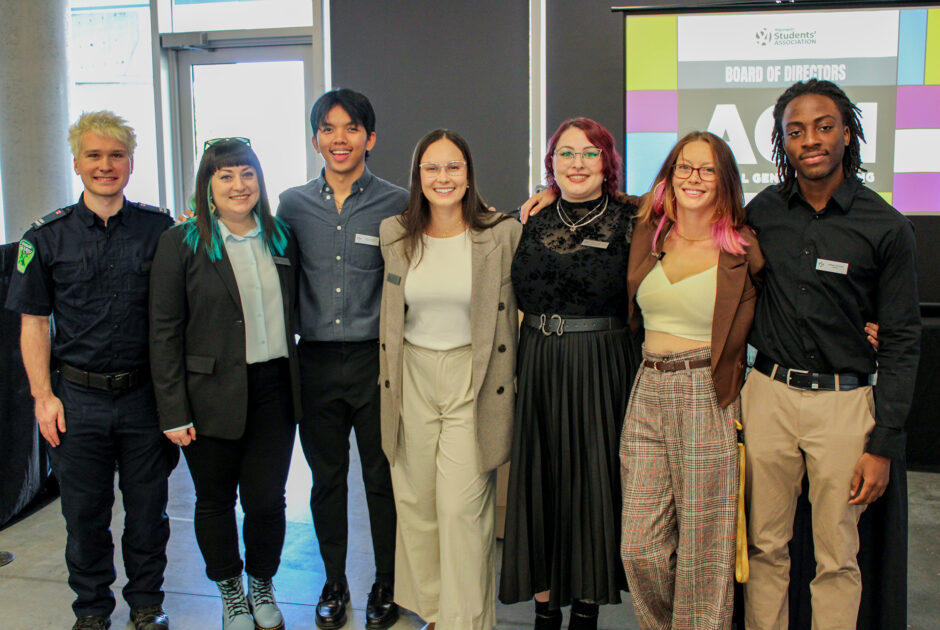What’s next for AC graduates?

College and university students are often inclined to change careers post-graduation according to study.
Students will often change their mind once they realize what goes into their field, according to a study conducted by edX, which shows 29 per cent of graduates completely change career paths following their graduation.
Jessica Cuthbertson is a bachelor of information technology student at Algonquin College. Her degree is a joint collaboration between Algonquin College and Carleton University. She, like many, is not exactly sure what she wants to do after college.
“I’m going to finish, but I’m not sure exactly what I’m going to do. Something in IT, I hope.”
Cuthbertson embodies a similar mindset to many people attending college or university, having a rough idea but not knowing exactly what they want to do, and a lot of students are still set on finishing their course, even If they don’t think it’s right for them. These feelings can often come from anxiety and pressure which is a common occurrence 44 per cent of students feel, according to a survey conducted by Strada-College.
Despite the concern of some students regarding their future, a report conducted by Algonquin College from 2017-2018 shows the employment rate of graduates to be high. Business marketing has an employment rate of 95 per cent, paralegal 74 per cent and graphic design coming in at 90 per cent.
However, there are multiple courses falling into the 50-60 per cent range such as plumbing, aboriginal studies and police foundations due to competitive industry and low demand.
Even with employment in Ontario having increased 68,100 in November, as per the Labour Force Survey (LFS) conducted by Statistics Canada, it can still be difficult for some people, including students to find work during the pandemic.
On another side of the spectrum, Grace Gordon, a first-year pre-health student at the college, is set on what she wants to do and has been for a long time.
“I hope to be working as a paramedic after I finish college.” It has an 82-93 per cent employment rate for pre-health graduates.
The employment rate within the medical fields of Algonquin College graduates is the highest, and the most consistent compared to other career paths, with courses such as veterinary technician, social service worker, and personal support workers all sitting with a rate of 90-100 per cent.
College can do wonders for students who are struggling with feeling misguided, as 94 per cent of people with a bachelor’s degree reported feeling happy with their lives overall in an American study by the Pew Research Center.








